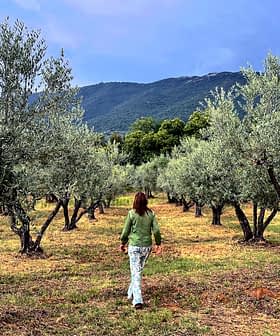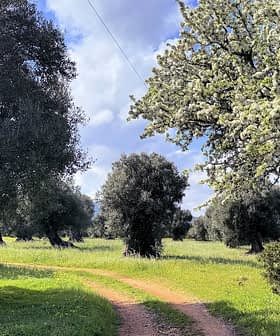After four days packed with visitors, Trieste’s Stazione Marittima exhibition center went quiet again. The 8th edition of Olio Capitale had come to an end. With a rich program of events and tastings and 306 exhibitors, Olio Capitale is Italy’s only expo dedicated to the promotion of extra virgin olive oil, and it drew to Trieste foreign buyers as well as journalists, tasters, restaurant owners and families.
The organizers were quite satisfied with this year’s results which featured a record attendance. According to their figures, around 10,600 people visited the fair during its four days. Many were restaurateurs and hoteliers from neighboring Austria, and businessmen coming form Japan. But there was a varied audience that followed the tastings and the cooking demonstrations held during the fair.
“Olio Capitale keeps growing year after year, attaining not only the public’s approval but also that of exhibitors and foreign buyers” said Antonio Paoletti, chairman of the local Chamber of Commerce. “Taking part at Olio Capitale, the producers have the chance to approach the global market getting into direct contact with buyers hailing from all over the world. Furthermore, this year Olio Capitale represented another, important string to the bow of defending the quality Italian extra virgin olive oils, after the debate unleashed by the New York Times. Moreover, we should not underestimate the positive economic spin-off that the fair generates for Trieste thanks to the high number of visitors.”
According to Enrico Lupi, the national chairman of the Città dell’Olio Association (which 8 years ago contributed to start the exhibition and today still provides an essential contribution to the cultural organization of the event) the turning point for success was moving the fair from the original location in the outskirts of Trieste to the Stazione Marittima, right in the center of the city, two years ago.
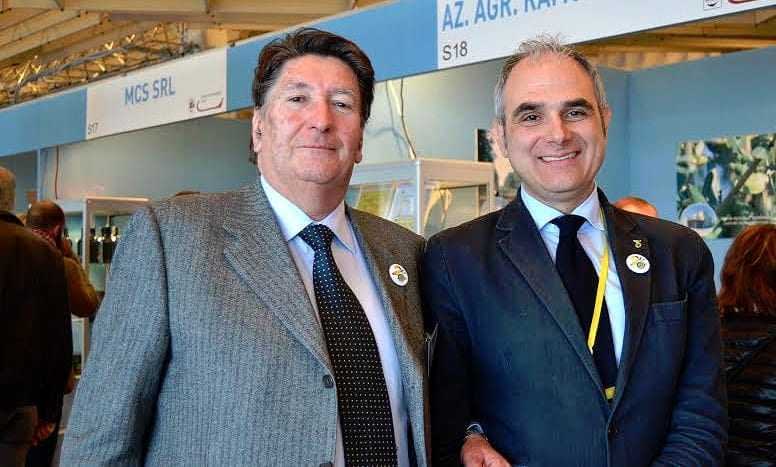
“I have kept an eye on this wonderful initiative from the European Observatory,” said Debora Seracchiani, MEP involved in transport and tourism, speaking at the closing ceremony — “Olio Capitale is certainly in line with the new European guidelines recognizing natural produce and products of excellence as a top choice for investment for European tourism.”
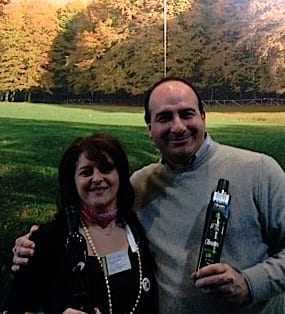
The Expo was an excellent chance to appreciate the wide and rich patrimony of Italian extra virgin olive oil, showcasing different products and varieties. These range from the Northern regions such as Friuli Venezia Giulia – where Olio Capitale is held, and where the Bianchera cultivar gives very interesting results despite smaller quantities, to the deep South of Italy where the vast majority of the Italian olive oil is produced. During the fair, we were able to taste many of them and hear the exhibitors’ impressions.
At the welcoming booth of the Frosinone province, an ideal area for olive growing in Lazio region, we met the award-winning Amerigo Quattrociocchi. He is a real catch-all with his excellent products such as the intensely tomato-perfumed Olivastro made with Itrana olives, and the fiercely bitter and pungent Moraiolo, with which he achieved the worthy result of two Gold Medals at last year’s NYIOOC. Beside him, there were other local producers and products such as the lesser known variety Marina, that only grows in a small area of the Comino valley. This old variety of “mountain olives” — olive groves located over 700 meters altitude — has been rediscovered by a small bunch of local producers and growers lead by the resolute and friendly Valentina Franco. Judging by the oil we were able to taste from her, it seems to be a variety to bet on.
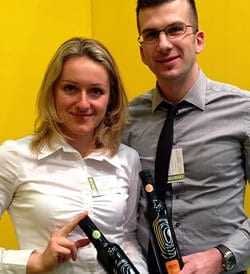
Nicola Peroni, owner of Oliocru near the Garda lake, thought his attendance at the fair for the first time this year was quite satisfying. “This is a very interesting and fruitful event” He said. “I was able to meet many international buyers, and also many restaurant owners who are the ideal market for our oils”. His production includes different extra virgin oils, both from depitted and whole olives, and from different varieties growing both in Northern and Southern Italy such as Frantoio, Casaliva, Leccino, Pendolino, Coratina, Peranzana and Cassanese. He proudly showed his awards and recognitions, including the NYIOOC Gold Medal trophy. “Competition and guides are essential to us. For Italian producers, international recognitions are even more important as they are considered more reliable by the local public.”
Just beside his stand, Marina Colonna from Molise (Central Italy) gave us a different statement: “I have been able to sell all my products to the general public made of families and private visitors. Had I brought more stuff I’d still have sold out. But I’m here mostly for the foreign buyers, as the Italian market is not keen to pay enough for high quality oils: we have to sell it abroad.” Lady Colonna, heiress of an ancient and noble Roman family, owns a wonderful estate near San Martino in Pensilis where she grows many different varieties from all around Italy and the neighboring countries, forming an impressive collection of the olive’s biodiversity.
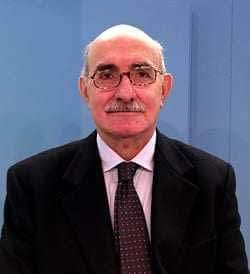
At Apulian Podere Montedoro stand, we met an old acquaintance: Gaetano Avallone, panel leader, expert taster and production consultant. “I work with different companies” he told us “But when I met Sabino Leone, Don Gioacchino’s owner, I immediately felt we share the same vision. We want to promote and give the right value to the most interesting varieties growing in the area near Bari, both the most and the lesser known. Our aim is to make excellent extra virgin olive oil from the Coratina olives, which have been used way too long purely to give a stronger character to other, milder varieties. We also intend to produce excellent extra virgin from other lesser varieties such as Nociara or Peranzana, growing in the wide family estate. And we also want to prove that quality and quantity can go along if well managed, strictly focusing on the sense of pride, nobleness and belonging that we deeply feel.” Judging on our tastes the target has been wonderfully achieved. The several awards collected in just two year since Avallone’s consultancy started certainly testimony that achievement.
Frantoio Librandi, a family-run farm and mill from Calabria, let us taste their fantastic extra virgin by Nocellara Iblea (a newcomer beside their others monocultivar extra virgin olive oils obtained by Nocellara del Belice, Frantoio and Carolea) with the delicious orange marmalade they made using the fruit that grows in the family estate: it’s worth a try.
Sicily showcased a number of excellent extra virgin oils hailing from the different sides of the island. The fertile soil surrounding the Etna volcano gives birth to the local variety Nocellara Etnea, that we could taste both in the elegant and intense extra virgin Le Sciare (where it blends also with Tonda Iblea and Biancolilla olives) made by Frantoio Romano in Bronte, and in the PDO Monte Etna produced by Pasquale Consoli in Adrano. At his stand, the latter not only cleverly displayed all the awards and recognitions he has achieved, but also some very useful promotional materials focused on education and popularization of the “true” and “false” beliefs about extra virgin. “It is very important to teach people how to recognize and appreciate a good oil, explaining that a pungent oil is good, that the transparent glass bottle is not a good way to preserve it and so on” he said. We couldn’t agree more.
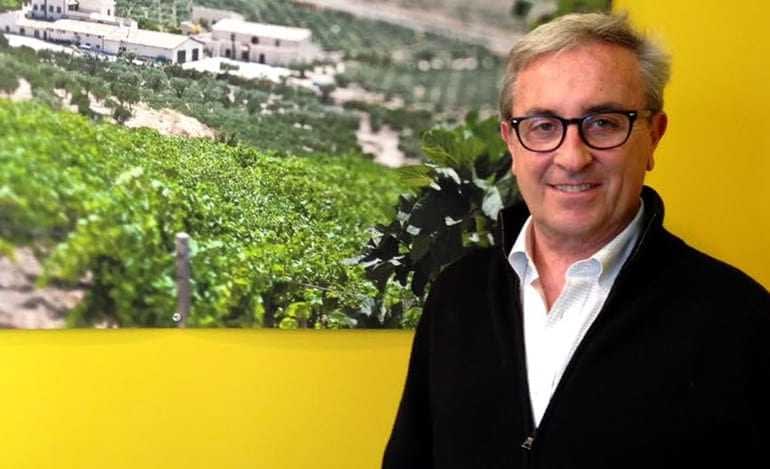
At the opposite corner of Sicily, near Agrigento, the Mandranova estate is a welcoming and peaceful resort where, combining traditional knowledge with modern methods, Giuseppe di Vincenzo produces awesome extra virgin olive oils from the local varieties Biancolilla, Cerasuola, Giarraffa and Nocellara (which achieved a gold at 2013 NYIOOC). “I came here at Olio Capitale for the first time this year, because it is the only fair entirely dedicated to extra virgin,” he said. “Of course you should wait at least two or three years before judging whether it works or not, but I’m quite satisfied with this edition. I could meet many people, that is always good, even if for us the best way to promote and sell our oils is to welcome people in our farm and show them were they are born.”
On the last day of the event, the winners of the Olio Capitale competition were announced. The oils (20 percent of which were from abroad, in particular from Spain, Portugal, Greece and Israel, while the remaining samples came from Italy) were judged in pre-selection phase by a professional panel, and then during the expo by three other panels — professional tasters, chefs and restaurateurs — and a “popular jury” made by ordinary visitors. Tuscany took this year’s crown with a total of 6 oils out of the 15 finalists, but it was Apulia that actually went away with most of the winnings, taking 4 of the 7 prizes assigned.

For the complete results visit the Olio Capitale website.



